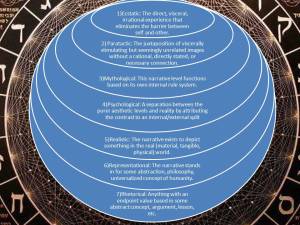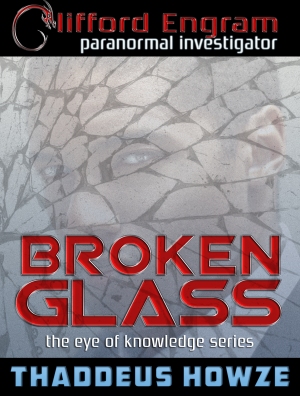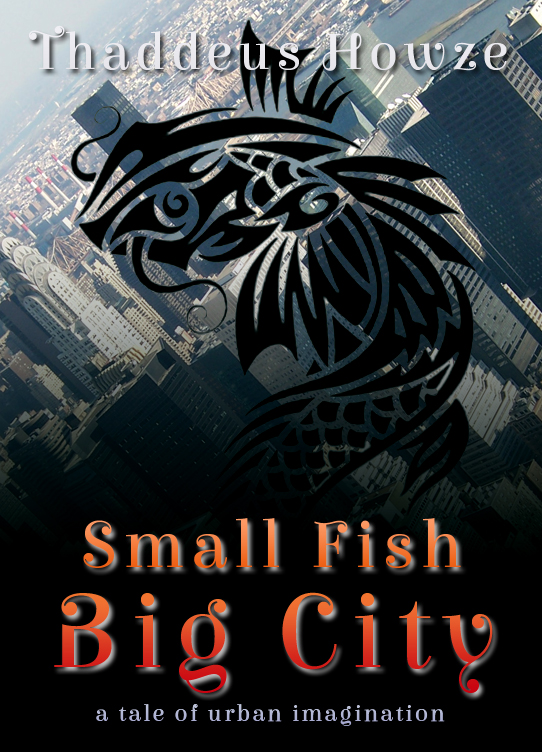The discussion of value of a particular narrative too often misidentifies rhetoric or realism as the sole factor placing a text at a high (or the highest) level of quality; realism, in particular, has this false association with narrative purity, and rhetoric in narrative has the mistaken association of intellectual engagement as a necessary component of artistic value. This is a narrow perspective born from the notion that rationality has a greater value than emotional/visceral reaction. A more significant problem with this perspective is that it displaces value from the text or the work of art itself. The text has no intrinsic value, only its capacity to represent something else: so-called reality, a philosophical concept, a social condition, a sociological perspective, etc.
This is the aesthetic problem of subordination which art in the twentieth century strove to and should have eliminated. William Carlos Williams and the Abstract Expressionists should have…
View original post 3,038 more words














You know, I mentioned in a recent article that “emotional realism” as it has become the the norm in 70’s cinema up until the modern day with The Wire, The Shield, OZ, Walking Dead as etc has been mistaken for “realism” in general, and often pulls the tropes of melancholic PTSD heroes, dark and depressing tones and themes, when really it’s just one strand in an infinite variety of lenses through which to see the world, one point of view or set of tropes and techniques in comics, films, TV etc.
“Emotional realism” or “realism” is nor more or less true than other style of fiction.
Hell, most of what we call reality is a convenient fiction that bears little resemblance to truth.
Do you have a link to a larger version of that image at the top? I can’t read it.
Follow the link to the originating article. There is a larger one there.
Thanks Thad. Didn’t know there was a link. Saved the image thanks.